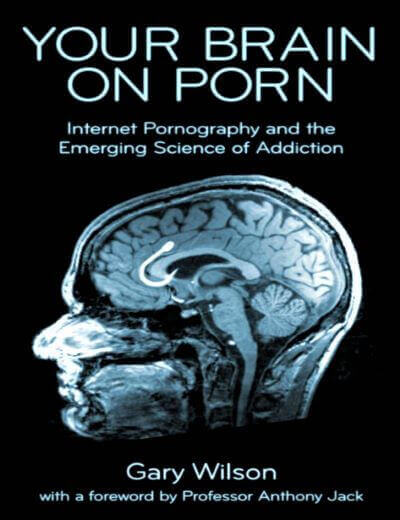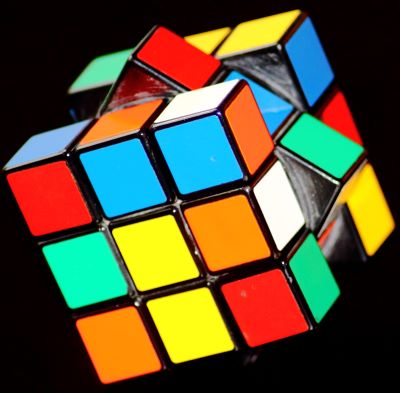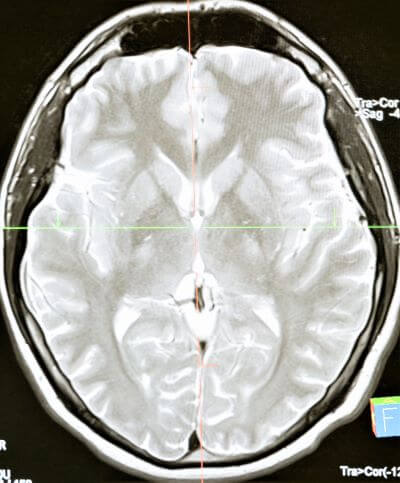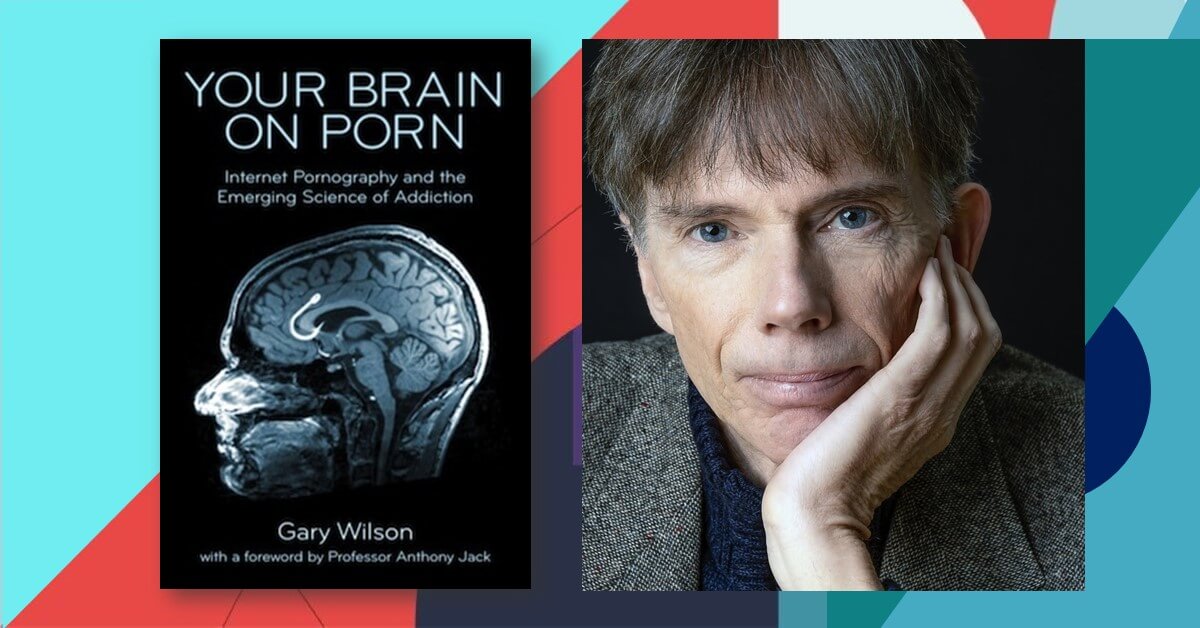Last updated on August 14th, 2024 at 11:45 am
If you are looking for the best book about porn or pornography and wonderful accounts of the adverse effects of it on our brain and behaviour, then I would unhesitatingly suggest Your Brain On Porn: Intenet Pornography and the Emerging Science of Addiction by Gary Wilson. Gary Wilson duly got all well regarding porn addiction, especially internet porn.
I came across Your Brain on Porn Internet Pornography and the Emerging Science of Addiction during my study on pornography and its effect on the social, cognitive and individual levels. It is an intensive book based on extensive research on neuroscience on pornographic effects on the brain written by Gary Wilson.
With numerous contemplative accounts of many former pornography users, Your Brain on Porn provides an excellent ground on why pornography is harmful to and how it harms the human brain. The harm in effect is evidential in inevitable. When the brain is affected then the rest of our action follows as per affected cognition.
Background

I have personally found this book undoubtedly convincing with its extended research on the topic. The followings are a few mind-boggling evidential excerpts regarding internet pornographic harms on the brain:
With a profound forward, Dr Anthony Jack Professor of Philosophy, Psychology, Neurology and Neuroscience and Research Director at the Inamori International Center for Ethics and Excellence, Case Western Reserve University, starts the book.
He talks about how we wire and rewire our brain by our activities. In his words, ‘Literacy requires training that alters the basic wiring of the brain. It takes serious work to organize neurons into a highly efficient specialized system that links visual processing to the verbal language system and manual motor outputs”.
“Sustained and guided attention changes the structure of the brain”, he says, “and endows it with new powers. The great promise of the rapidly advancing field of human neuroscience is that it can help us to understand how cultural contexts interact with the brain to create the mind – how behaviours and ways of thinking inscribe themselves inside our skulls. It gives us a new way to put human consciousness under the light of scientific understanding. Neuroscience offers guidance that can help us fulfil our potential and avoid pitfalls along the way”.
The best way to train our plastic brains to work effectively in their cultural context is through education, inquiry and contemplation, a process that takes a lot of time and patience. In recent years there has been widespread concern about the impact of the internet on our social lives. Technology is in danger of making us impersonal, of dampening our capacity and the tendency for human connection.
“Perhaps the most important example of the way that digital technology allows us to withdraw from ordinary interaction is pornography. In a healthy relationship, sex is associated with the highest levels of intimacy and trust. It is or at least can be, the culmination and expression of our closest human connection. It not only helps to reinforce this connection, but it also creates an entirely new life. Evolution shaped this basic human drive to build families: sexual desire is one of our most powerful motivational forces, and has been essential to the flourishing of the human race”.
When pornography has taken on our brain, it creates an addiction toward it, and because of pornographic habituation, it facilitates Erectile Dysfunction among men and sexual dysfunction among women. But just how do know what kind of Erectile Dysfunction you are suffering from? Gary Wilson suggests that on any occasion try to masturbate on your favourite porn and if you experience a strong erection, but erectile dysfunction as you try the same without your favourite porn then you probably have porn-induced Erectile Dysfunction.
If you have a strong erection while you watch porn but struggle to have an erection with your partner then you probably have anxiety-related Erectile Dysfunction. Moreover, if you cannot have an erection with or without porn you might be suffering from porn-induced or organic Erectile Dysfunction.
Garry’s research found that ‘that as a result of excessive use of sexually explicit materials, they had. Experienced diminished libido or erectile function specifically in physical relationships with women (although not in relationship to the sexually explicit material”.
In the book a former porn user describes his trouble of having an erection as follows: ‘Alien’ is the word I’d use to describe how it felt when I tried to have sex with real women. It felt artificial and foreign to me. It’s like I’ve gotten so conditioned to sitting in front of a screen jerking it, that my mind considers that to be normal sex instead of real actual sex’.
It is not only that people were having trouble having a penile erection, but they also experience Delayed Ejaculation (DE) or inability to orgasm (anorgasmia) was a precursor to full-blown erectile dysfunction. Your Brain On Porn mentions the following reasons for that:
– Earlier genres of porn are no longer exciting.
– Uncharacteristic fetishes develop.
– Porn use is more sexually exciting than a partner.
– The sensitivity of the penis decreases.
– Sexual arousal with sexual partners declines.
– Erections fade when attempting penetration or shortly thereafter. – Penetrative sex is not stimulating.
– Porn fantasy is necessary to maintain an erection or interest with a partner.
Accordingly, pornography caused Erectile Dysfunction (ED), and Delayed Ejaculation is an established fact while it also responsible for Premature Ejaculation (PE). Here is how a viewer describes his dilemma regarding PE:
‘Masturbation/porn can cause PE especially when you start doing it young. You want to reach climax/orgasm quickly because of the fear of being caught. So you teach your mind that when you’re hard your job is to cum quickly and not enjoy the interim sensation’.
Pornography Causes Fetishism

Pornography causes fetishism or deformed sexual desire as our brain get used to with any particular type of porn. “Brains are plastic. The truth is we are always training our brains – with or without our conscious participation. It’s clear from countless reports that it’s not uncommon for porn users to move from genre to genre, often arriving at places they find personally disturbing and confusing. What might be behind this phenomenon? Gary suggests that it might be habituation and tolerance that the brain adapts.
Sexual fetishism is described by a viewer following way:
‘I wasn’t interested in any weird stuff before I started to watch internet porn. Just real girls of my age. Now, I like BBB, BBW, MILF, Tranny, Crossdresser, Fat, Skinny, and Teen. Once, I saw few seconds of bisexual video (one woman, two guys) and I started to feel that ‘taboo’ feeling, but I didn’t give it a chance, did not masturbate to it, and changed the video. So, I don’t watch bisexual videos and have no cravings for them. That’s because I didn’t gave them a chance. But I gave a chance to every kind of porn I got into. If I had given granny porn a chance, I would like it now too’.
Pornography Causes Loss Of Attraction

Gary Wilson writes: “Young Japanese men are growing indifferent or even averse to sex, while married couples are starting to have it even less,’ reported the Japan Times, citing a 2010 poll that revealed a striking trend. More than 36% of men aged 16 to 19 had no interest in sex, more than double the 17.5 % from 2008. Men between 20 and 24 showed a similar trend, jumping from 11.8 % to 21.5 %, while men between 45 and 49 leapt from 8.7 % to 22.1 %. Japan isn’t alone. In France, a 2008 survey found that 20 per cent of younger French men had no interest in sex. Something peculiar is afoot”.
The incident of losing attraction is described by a man the following way:
“(Age 18) Before starting porn at 15 I was EXTREMELY horny and would chase anything on 2 legs. I made out with girls and got insane boners. After porn ruined me, I was completely disinterested in girls and could never maintain an erection. At my young age, I knew there was something definitely wrong with me because I’m supposed to be women-crazy like I used to be before porn. At 17 I began my reboot. Yesterday I successfully had sex with no ED drugs and my boner was amazing”.
It Causes ‘Inability To Concentrate’

Users who quit pornography reported, “better concentration’, ‘no more brain fog’, ‘clearer thinking’ and ‘improved memory’. Addiction neuroscientists have repeatedly shown that internet addiction produces memory, concentration and impulse-control problems in some users, as well as corresponding brain changes.
For example, researchers found that the severity of ADHD symptoms correlates with the severity of internet addiction, even when they take into account anxiety, depression and personality traits.
In chapter two of Your Brain on Porn, Gary Wilson shows just how the brain gets used to something prevalent and why the brain always likes something new. In neuroscience, the term is known as ‘Novelty’. In order to illustrate the mammalian brains’ losing appeal on existing objects and interest in novelty, Dr Gary mentions of the Coolidge Effect.
“The Coolidge effect itself gets its name from US President Calvin Coolidge. He and his wife were touring a farm. While the president was elsewhere, the farmer proudly showed Mrs Coolidge a rooster that could copulate with hens all day long, day after day”, not with the same hen but with multiple ones.
The neurochemical, Dopamine governs and lures the novelty at the physical level. It increases in novelty but drops in cognitive tolerance and habituation. In Dr Gary’s words, “The desire and motivation to pursue sex arises from a neurochemical called dopamine. Dopamine amps up the centrepiece of a primitive part of the brain known as the reward circuitry. It’s where you experience cravings and pleasure and where you get addicted”.
“This ancient reward circuitry compels you to do things that further your survival and pass on your genes. At the top of our human reward list are food, sex, love, friendship, and novelty. These are called ‘natural reinforcers,’ as contrasted with addictive chemicals (which can hijack this same circuitry. Although dopamine is sometimes referred to as the ‘pleasure molecule’, it’s is actually about seeking and searching for pleasure, not pleasure itself. Thus dopamine rises with anticipation. It’s your motivation and drives to pursue potential pleasure or long term goals”.
The amount of dopamine surges for novelty. A new car, new film, latest gadgets and new woman all regulate the higher level of dopamine. And the level of dopamine declines brain gets used to with something or gets boring about a particular partner.
Unwanted Adaptation: Sexual Conditioning and Addiction
Your Brain on Porn tells you how pornography creates Unwanted Adaptation: Sexual Conditioning and Addiction in our brain. Sexual conditioning that is developed on the brain tells, ‘So this is how people have sex and this is how I should do it.’ Unconscious sexual conditioning can be summed up as, ‘This is what turns me on’ or, at a brain level,
‘This is what jacks up my dopamine’. To demonstrate if pornography can cause addiction Gary correlated the 3Cs of addiction that is responsible for brain change: Cravings, Loss of Control and Negative Consequences.
Brain Changes Caused by Porn

Like dopamine–raising substances such as alcohol or cocaine, pornography is responsible for the same kind of addiction. And the addiction-related brain changes are as follows:
Desensitisation
Desensitisation, or a numbed response to pleasure. Reduced dopamine signalling103 and other changes104 leave the addict less sensitive to everyday pleasures and ‘hungry’ for dopamine-raising activities and substances. Desensitisation is probably the first addiction-related brain change porn users notice. They need greater and greater stimulation to achieve the same buzz.
Sensitisation
Sensitisation, or an unconscious super-memory of pleasure that, when activated, triggers powerful cravings. Rewired nerve connections cause the reward circuit to buzz106 in response to addiction-related cues or thoughts. Cues, such as turning on the computer, seeing a pop-up, or being alone, trigger intense cravings for porn.
Hypofrontality
Hypofrontality, or reduced brain activity in the prefrontal regions, which weakens willpower in the face of strong subconscious cravings. Alterations108 in the prefrontal regions’ grey matter109 and white matter110 correlate with reduced impulse control111 and the weakened ability to foresee consequences.
Dysfunctional
Dysfunctional stress circuits, which can make even minor stress lead the cravings and relapse because they activate powerful sensitised pathways. To sum up, if these neuroplastic changes could speak, desensitisation would be moaning, ‘I can’t get any satisfaction.’
Conclusion: Best Book About Porn
Your Brain on Porn unfolds an elaborate description of how pornography affects our brain in a various manners. It provided a thorough description of addition and pornography’s relation to it on the basis of neurological research findings.
Internet pornography definitely causes harm to viewers which is portrayed in the book by a lot of former users. Pornography is a responsible foe to people’s primitive sexual drive, prevailing social setting, and cultural and collective perceptions of individual human values. Your Brain on Porn also provides suggestions on how to get rid of the addiction through rehabilitation and personal efforts.
Moreover, Your Brain on Porn can be a true guide for those who are expecting a scientific ground for pornography’s harms. Pessimism regarding its harms might be resolved.
